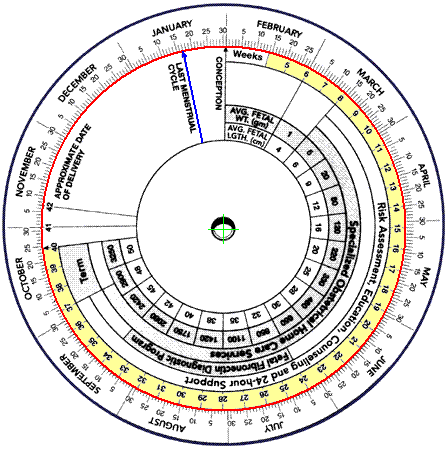 Published: Friday, January 7, 2011 at 7:04 p.m. Last Modified: Friday, January 7, 2011 at 7:04 p.m.
Published: Friday, January 7, 2011 at 7:04 p.m. Last Modified: Friday, January 7, 2011 at 7:04 p.m.
In 1998, a British medical researcher and former surgeon named Andrew Wakefield published a story in a medical journal claiming that he and his associates had found a link between a vaccine for measles, mumps and rubella and autism. that allegation purportedly stemmed from their observation of a group of 12 children.
Wakefield also claimed a connection between the vaccine and inflammatory bowel disease, but it was the alleged link to autism — the mysterious and inexplicable developmental disorder that, according to the CDC, affects 9 of every 1,000 children in the United States — that drew the most attention.
Vaccination rates declined by half in some areas of England — as cases of measles, mumps and rubella increased, sometimes with fatal results.
Hundreds of thousands of Americans opted not to have their children vaccinated, either, and several disease outbreaks were reported in areas where there were a large number of refusals.
Anti-vaccination advocates continue to tout a link between childhood immunizations and autism.
There’s one problem. Wakefield’s research on the subject wasn’t just invalid, it was fraudulent.
No other researchers were able to replicate Wakefield’s results. Most of his co-authors eventually renounced the original study, which also was retracted by the magazine that published it. Wakefield’s medical license was revoked.
And this week, another British medical journal published evidence that Wakefield had faked his original data, by making it seem like the 12 children didn’t display symptoms of autism until after they had received their immunizations.
Does this mean there’s no link between autism and vaccinations? It’s not possible to conclusively say that. It’s not possible to conclusively say that about a countless number of potential factors.
However, it can be conclusively said that Wakefield’s discredited research did nothing but incite fear in parents seeking to protect their children from harm, and hope in parents seeking answers to a mystery that so far has defied solution.
Some observers say the “true believers” on the anti-vaccination side won’t be deterred by the revelations of Wakefield’s fraud. that wouldn’t surprise us, either. Zealots tend to defend their beliefs zealously. People who desperately have sought, and believe they’ve found, “the answer” often will cling to it in the face of new evidence.
We look at it this way. Vaccinations absolutely can have side effects. A few can be severe. Most are quite minor.
Weigh them against the complications that can be caused by measles (pneumonia and encephalitis), mumps (meningitis, encephalitis, pancreatitis, sterility and deafness), rubella (arthritis-type symptoms) and other diseases. Consider the ramifications for society as a whole from having a large number of unvaccinated people in circulation.
Which carries more risk — having children vaccinated, or refusing to do so?